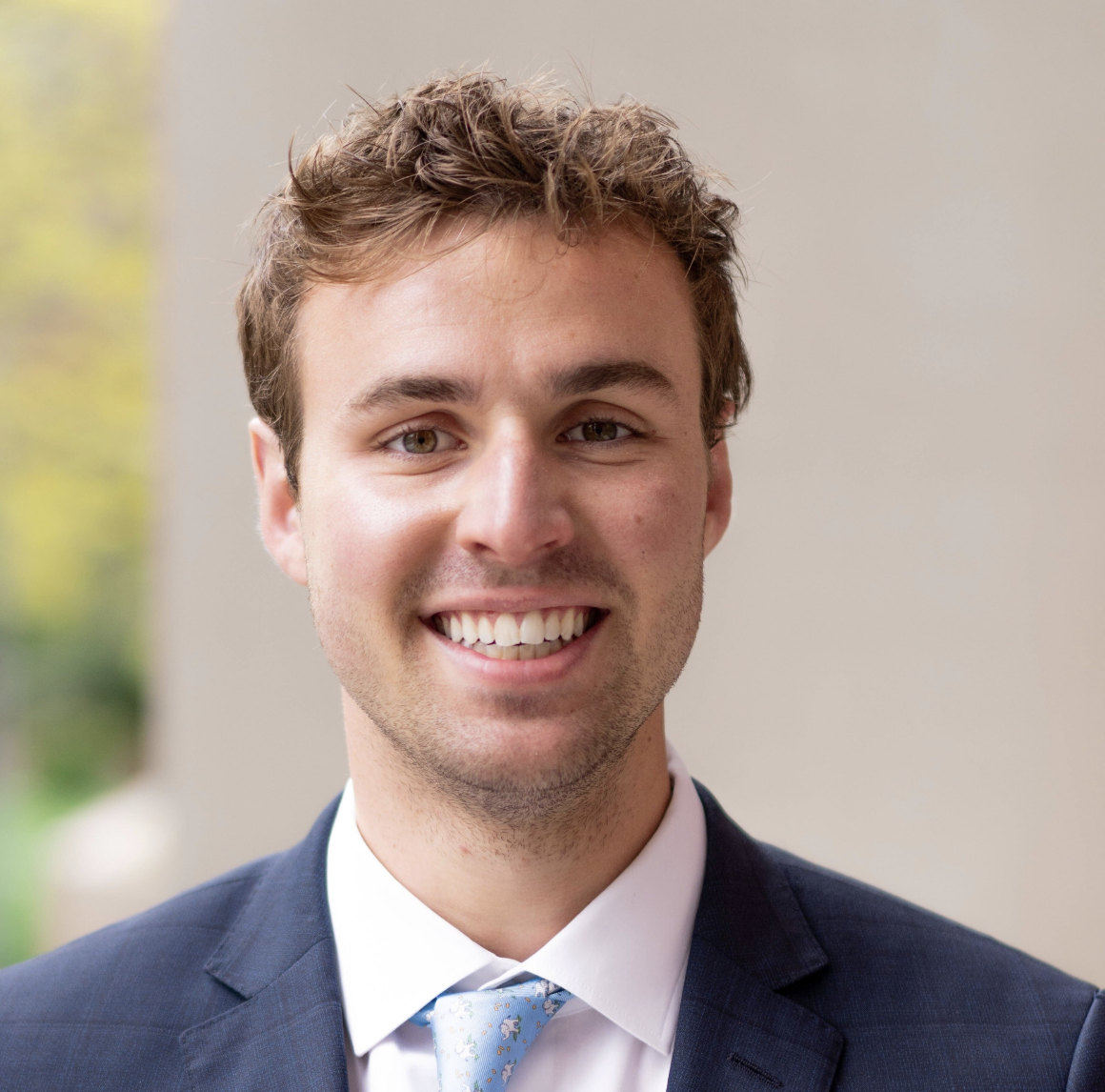Applying for postgraduate fellowships in the UK as a college senior involves careful preparation, strong recommendations, and a well-crafted personal statement. Here’s a guide to help you through this process.
Research Programs and Make a Timeline
Start by identifying programs that align with your academic and career goals. Each UK fellowship has a specific focus, like research, public service, or leadership, so consider which aligns best with your strengths and ambitions. Research the fellowship’s timeline early. Application deadlines are usually in the fall of your senior year, with most requiring applications months in advance. Consider programs like the Rhodes, Marshall, and Gates Cambridge Scholarships, which support postgraduate study in various fields at prestigious UK universities.
Build Relationships for Recommendations
Strong recommendations are crucial for fellowship applications. Early in the process, identify professors and mentors who know your work well and can attest to your qualifications. Reach out to them several months before the application deadline to give them enough time to write a thoughtful letter. A personal touch helps: arrange a meeting to discuss your interest in the fellowship and why you believe this program is the right next step for you. Share relevant academic or personal experiences that connect with the fellowship’s goals, allowing them to tailor their recommendation effectively.
Craft a Compelling Personal Statement
Your personal statement is your chance to convey why you’re a perfect fit for this program at this point in your life. Reflect on what you hope to gain from studying in the UK, and explain why this fellowship is the ideal platform for your growth. Be specific: mention professors you admire, research centers you’re interested in, and how you see yourself contributing to the university’s academic community. Balance professional goals with personal motivations, showing why this program aligns with your ambitions and why you are prepared to make the most of it.
Demonstrate Your Fit and Readiness
The admissions committee wants to see applicants who are not only academically prepared but also personally ready for the program’s challenges. Highlight achievements that demonstrate your ability to adapt to new environments, work independently, and contribute to a diverse intellectual community. If applicable, emphasize your dedication to public service, leadership experiences, or relevant research projects.
Practical Tips and Final Preparations
- Attend information sessions: Many fellowship programs host webinars and information sessions where you can learn more and ask questions. Attending these events shows interest and provides insights into what the program values.
- Seek feedback on essays: Ask a mentor or professor to review your essays. They can help you refine your arguments and ensure clarity and cohesion.
- Prepare for interviews: Many fellowships require interviews as part of the final selection process. Practice articulating your goals, why you’re interested in studying in the UK, and how this opportunity fits into your larger career trajectory.
Applying for a UK fellowship is a competitive process, but thorough preparation, genuine recommendations, and a well-crafted statement can make your application stand out. With dedication and thoughtful preparation, you can present a compelling case for why you’re an ideal candidate for postgraduate study in the UK.


Comments